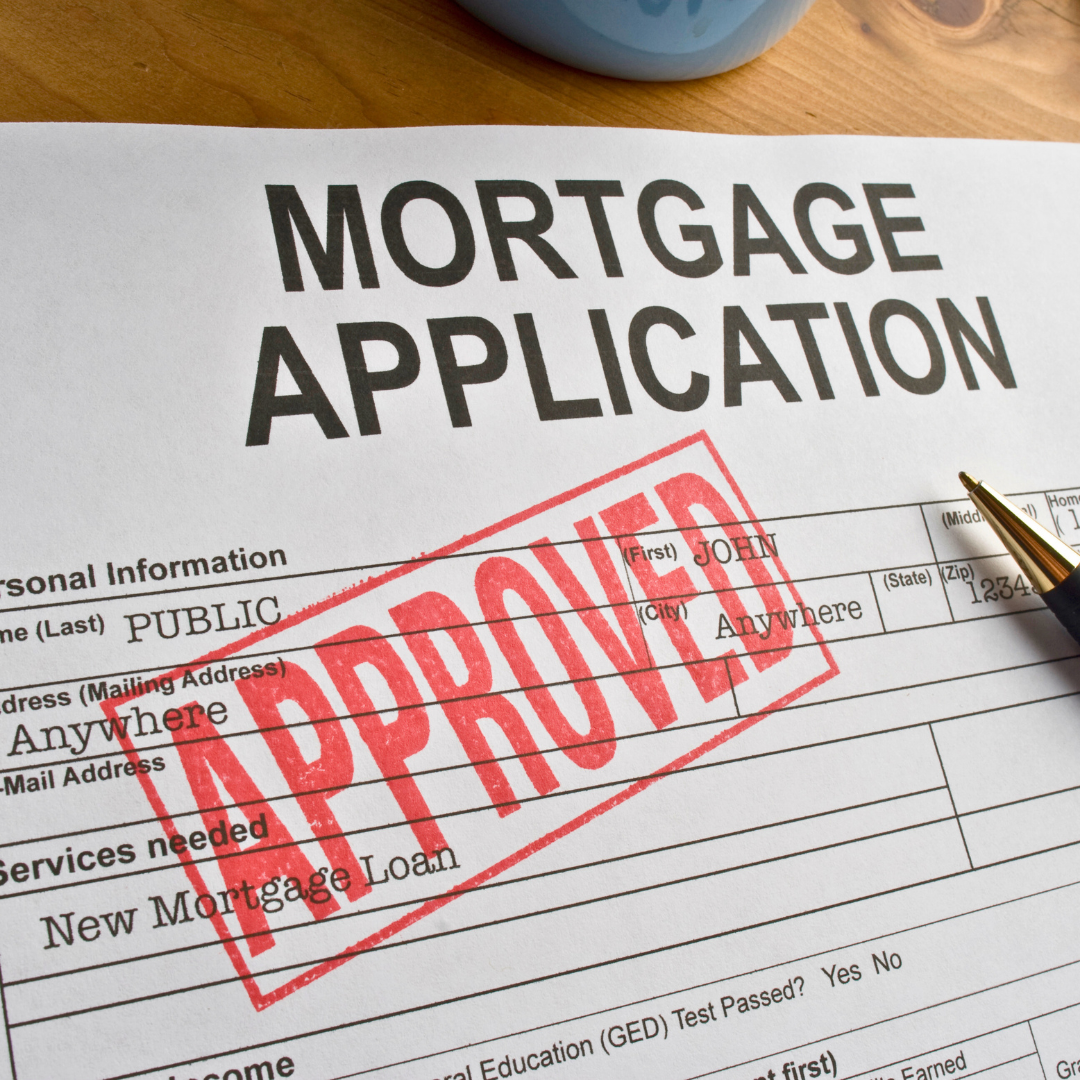The biggest difference between a 15-year and 30-year mortgage is not only how long a buyer has to pay it off, but the total amount of interest paid. Here’s how to decide whether a 15-year or a 30-year mortgage is right for you.
15-year vs. 30-year mortgages: What is the difference?
Both 15-year and 30-year mortgages are fixed-rate loans. The difference lies mainly in their terms – how long you have to pay them off.
The 30-year, fixed-rate mortgage is the go-to for most Americans buying a home because it allows the borrower to spread loan payments out over three decades. Doing so helps keep the monthly payment more affordable. But it does mean paying more in total interest for the loan.
With a 15-year mortgage, borrowers pay off their loan in a decade and a half. As a result, each monthly loan payment will be larger. But the overall cost of the loan will be less, since you’re paying interest for a shorter amount of time. Lenders also offer lower rates on the shorter loans because it’s easier to predict repayment over a 15-year timeline than a 30-year one.
Even with a lower rate, though, your monthly payments will almost always amount to less with a 30-year mortgage compared to a 15-year mortgage.
15-year mortgage pros and cons
A 15-year mortgage might sound like a more attractive option. You’ll likely save a bundle in interest and pay off your home faster. Still, there are trade-offs to consider.
Pros
- Typically, lower interest rate
- Much less interest paid over the life of the loan
- Loan is paid off sooner
- Builds home equity faster, as payments toward loan principal are higher
Cons
- Monthly payments are higher to speed up repayment
- Can be harder to qualify for
- Less wiggle room in budget for emergencies or investments
30-year mortgage pros and cons
A 30-year mortgage may give you more breathing room in your monthly budget, and it’s generally easier to qualify for. But you’ll pay far more in interest.
Pros
- Monthly payments are lower because the life of the loan is extended
- Flexibility to pay back the mortgage sooner as you may choose to make higher or extra payments as you are able
- Potentially more money available for emergencies or savings and investment
- Lower income qualifications, as you do not need to prove an ability to make payments on a condensed schedule
Cons
- Typically higher interest rate
- Loan takes longer to pay off
- Much more paid in interest over loan lifetime
- Loan is more expensive overall
Alternatives to 15-year and 30-year mortgages
If these loan terms don’t work for your financial situation, some lenders offer mortgages with other terms or repayment strategies. Alternatives worth considering include:
- 10 year: These loans are ideal if you want to be aggressive with your repayment strategy. Expect a steep monthly payment, which could be worth it considering the amount of interest you’ll save.
- 20 year: You’ll get a slightly more affordable monthly mortgage payment than a 10-year mortgage but can still save a bundle in interest and pay your loan off faster.
- 40 year: Relatively rare, but offers the lowest monthly payments. Still, you might want to refinance later once you can afford higher to minimize the overall cost.
- Interest-only mortgage: This option lets you make interest-only payments during an introductory period, followed by much higher principal and interest payments over the remaining loan term.
- Adjustable-rate mortgage (ARM): ARMs are generally 30-year mortgages with low fixed rates during an initial period. After that, the mortgage enters a variable-rate period, where the rate changes periodically. For example, with a 10/1 ARM, you’ll get a fixed interest rate for the first decade of your loan. When that ends, you’ll get an adjustable rate – that changes once per year – for the remaining 20 years. ARMS are best if you plan to move or refinance before the introductory period ends.
To determine the best option for you and your situation, consider how long you plan to stay in your home versus the duration of the mortgage you’re considering. If your goal is to get as low a payment as possible for a short time (i.e., less than five years), you might want to explore an interest-only mortgage.
“Many people sell their home well before 15 to 30 years and pay off their mortgage before the end of the term, so the mortgage term may be less important,” says Williams.
You can always take out a 30-year mortgage and make higher or more frequent payments to pay it off sooner. Also known as prepaying your mortgage, this strategy effectively lets you create your own 15 year mortgage from a 30-year one. Do make sure that there are no pre-payment penalties implemented by the lender. These days, most mortgages don’t – but if yours does, the penalty usually only goes into effect if you pay off the mortgage, or a significant portion of it, within the first three to five years of the loan. This means you could pay fees if you sell your home or refinance earlier than the penalty time-frame.
Is a 15-year or 30-year mortgage better for you?
Bear in mind that 15-year mortgages demand stronger financials, because the monthly payments are higher. Lenders will want to see a higher income and lower debt-to-income ratio. Assuming you can qualify for both loans, though, what ultimately should drive your decision is what mortgage payment you can afford, and whether a larger payment would strap you and inhibit making other important financial moves, like saving for retirement.
Here’s a closer look at some key factors to consider when choosing between the two:
- Calculate mortgage payments for homes at multiple price points: Bankrate recommends following the 28% rule and the 36% rule. These rules advise buyers that no more than 28% of their gross income should go towards a mortgage payment each month and that no more than 36% of their gross monthly income should go toward monthly debt payments.
- Evaluate your spending plan and financial commitments to help you determine what kind of mortgage payment will be feasible and comfortable for you. If you will feel consistently over-extended by the payments on a 15-year mortgage, you may consider getting a 30-year loan and making extra payments to it for an earlier payoff.
- Understand your income and obligations. Is your job and therefore your income stable and predictable? And keep in mind that the requirements for a 15-year mortgage could be a concern for individuals whose income is seasonal or commission-based.



